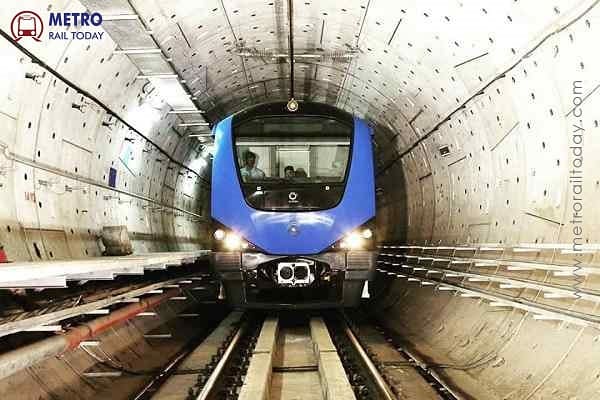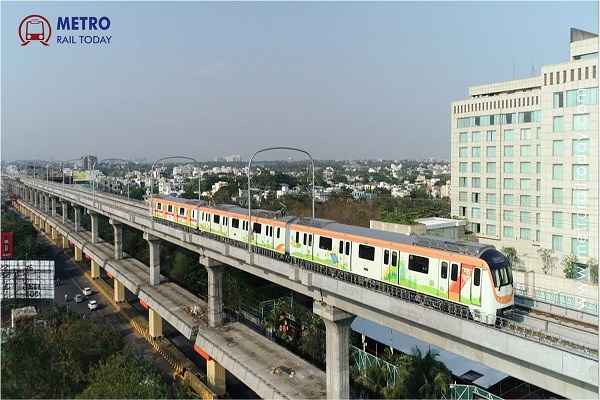 EIB approves €289.5 million loan for expansion of Nagpur and Pune Metro Rail Projects
EIB approves €289.5 million loan for expansion of Nagpur and Pune Metro Rail Projects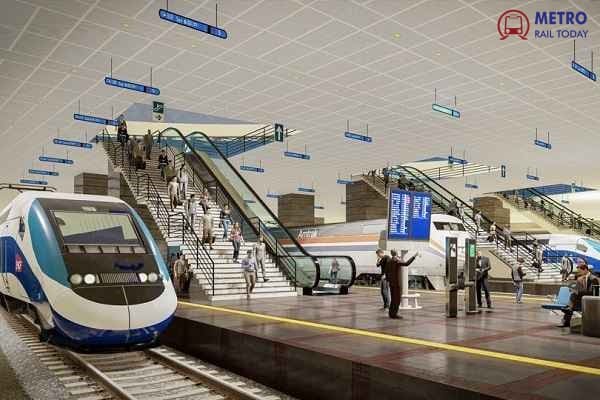 India is building Largest Railway Station in Amaravati - Know all about
India is building Largest Railway Station in Amaravati - Know all about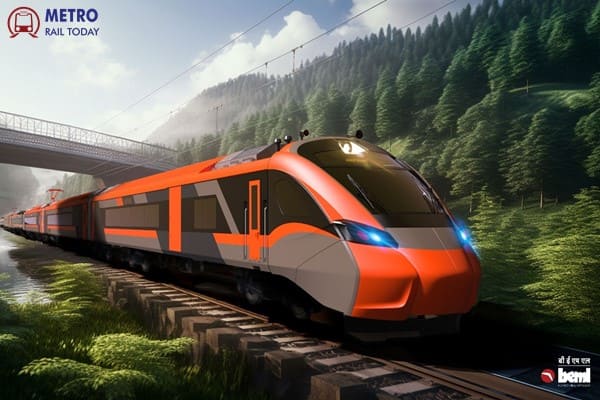 Kineco and BEML forge strategic partnership to strengthen indigenous composite manufacturing
Kineco and BEML forge strategic partnership to strengthen indigenous composite manufacturing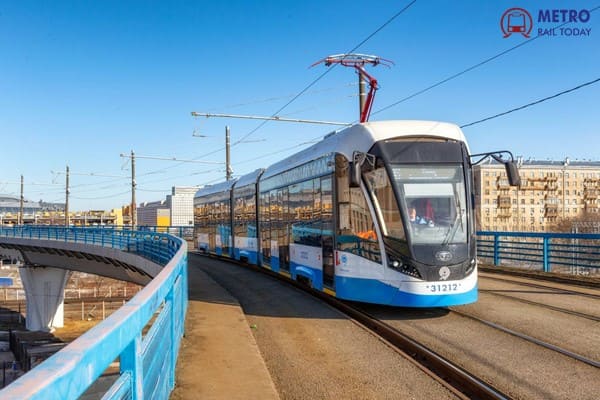 UN blacklists Spanish Trainmaker CAF over activities in Occupied Palestinian Territories
UN blacklists Spanish Trainmaker CAF over activities in Occupied Palestinian Territories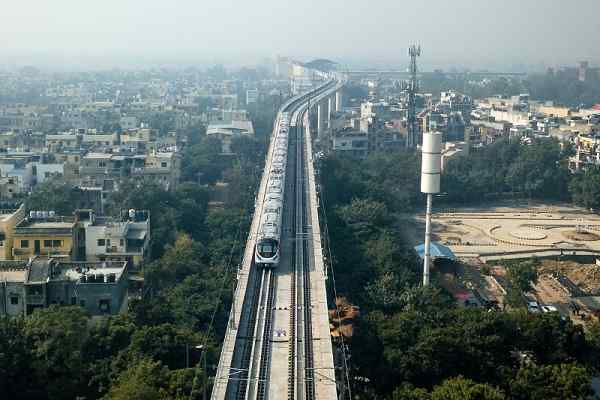 Prayagraj to get full-fledged Metro System, replacing the Metrolite Plan
Prayagraj to get full-fledged Metro System, replacing the Metrolite Plan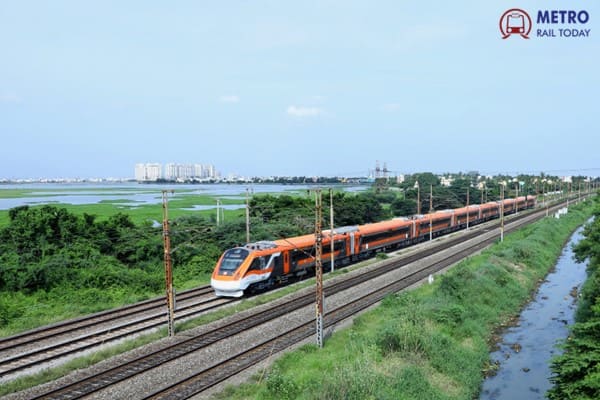 Sensonic & Skylark Drones Join Hands to Revolutionize Rail Infrastructure Monitoring
Sensonic & Skylark Drones Join Hands to Revolutionize Rail Infrastructure Monitoring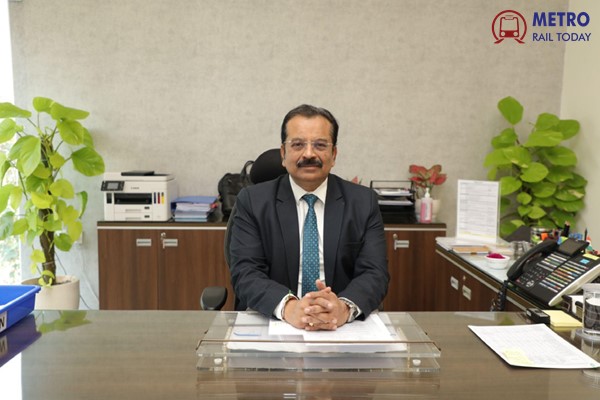 Namo Bharat: Driving India’s Transit Revolution with Sustainability and Seamless Connectivity
Namo Bharat: Driving India’s Transit Revolution with Sustainability and Seamless Connectivity RVNL - The Silent Engine Driving India’s Rail Infrastructure Boom
RVNL - The Silent Engine Driving India’s Rail Infrastructure Boom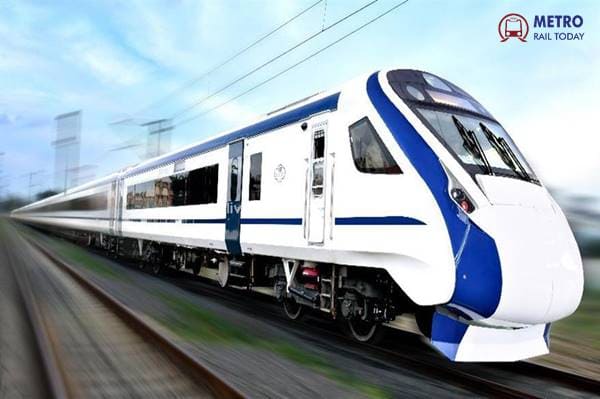 India to introduce 800 Vande Bharat Trains to redefine the future of Indian Railways by 2030
India to introduce 800 Vande Bharat Trains to redefine the future of Indian Railways by 2030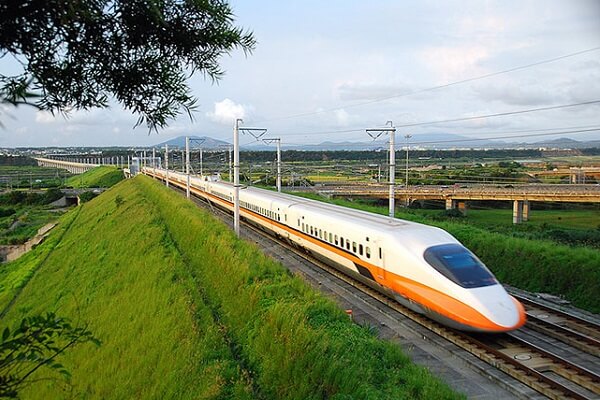 Indian Railways to develop 7,000 km of dedicated Passenger Corridors by 2047
Indian Railways to develop 7,000 km of dedicated Passenger Corridors by 2047
ADB advocates for diversified revenue streams for Metro Rail sustainability
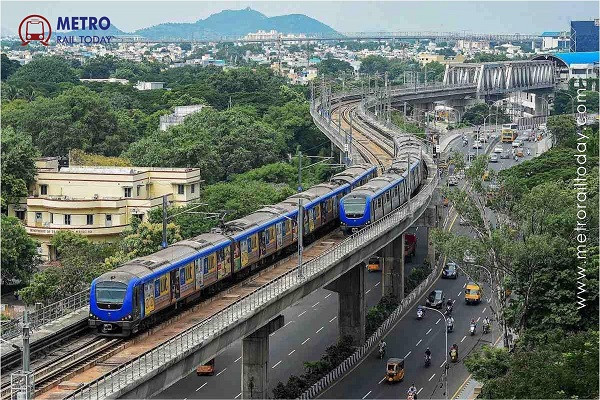
New Delhi, India (Metro Rail Today): The Asian Development Bank (ADB) has highlighted the crucial need for metro rail operators in India to explore non-fare revenue sources to ensure financial stability and sustainability. In its recent blog, ADB underscores that relying solely on ticket sales is insufficient due to the high costs associated with developing and maintaining metro infrastructure. To address these challenges, metro rail companies must adopt innovative revenue strategies beyond conventional fare collections.
Maximizing Non-Fare Revenues
ADB recommends several avenues for generating non-fare revenues:
-
Advertising: Utilizing digital screens at stations, including large LCD or LED panels, can create significant advertising opportunities. Additionally, ‘train wrap’ advertising, which involves covering entire trains with promotional graphics, can be highly lucrative. Other options include selling ‘pouring rights’ for beverages on station premises and ‘station naming rights,’ where corporations can sponsor station names for revenue.
-
Leasing and Property Development: Metro stations and maintenance depots offer valuable real estate. Developing properties above and around stations, or acquiring sites before the metro project starts, can provide substantial revenue streams. This approach can include retail spaces, office rentals, and other commercial developments.
-
Station Shopping and Events: Transforming stations into retail hubs where commuters can shop while traveling can enhance convenience and generate additional income. Stations can also host various events, such as corporate functions, conferences, and exhibitions, further leveraging their space for financial gain.
The Need for Innovation
With the burgeoning urban population and the high cost of metro infrastructure, it is essential for transit companies to diversify their revenue streams. By reimagining their role from mere transport providers to multi-faceted entities involved in retail, real estate, and marketing, metro rail operators can better manage financial pressures and keep fares affordable for passengers.
ADB’s recommendations emphasize that metro rail companies must innovate to secure their financial future. By embracing non-fare revenue opportunities and developing creative strategies, metro systems can achieve financial sustainability while continuing to provide essential and affordable transport services. As urban transit demands grow, these approaches will be vital for the long-term success and expansion of metro networks.





